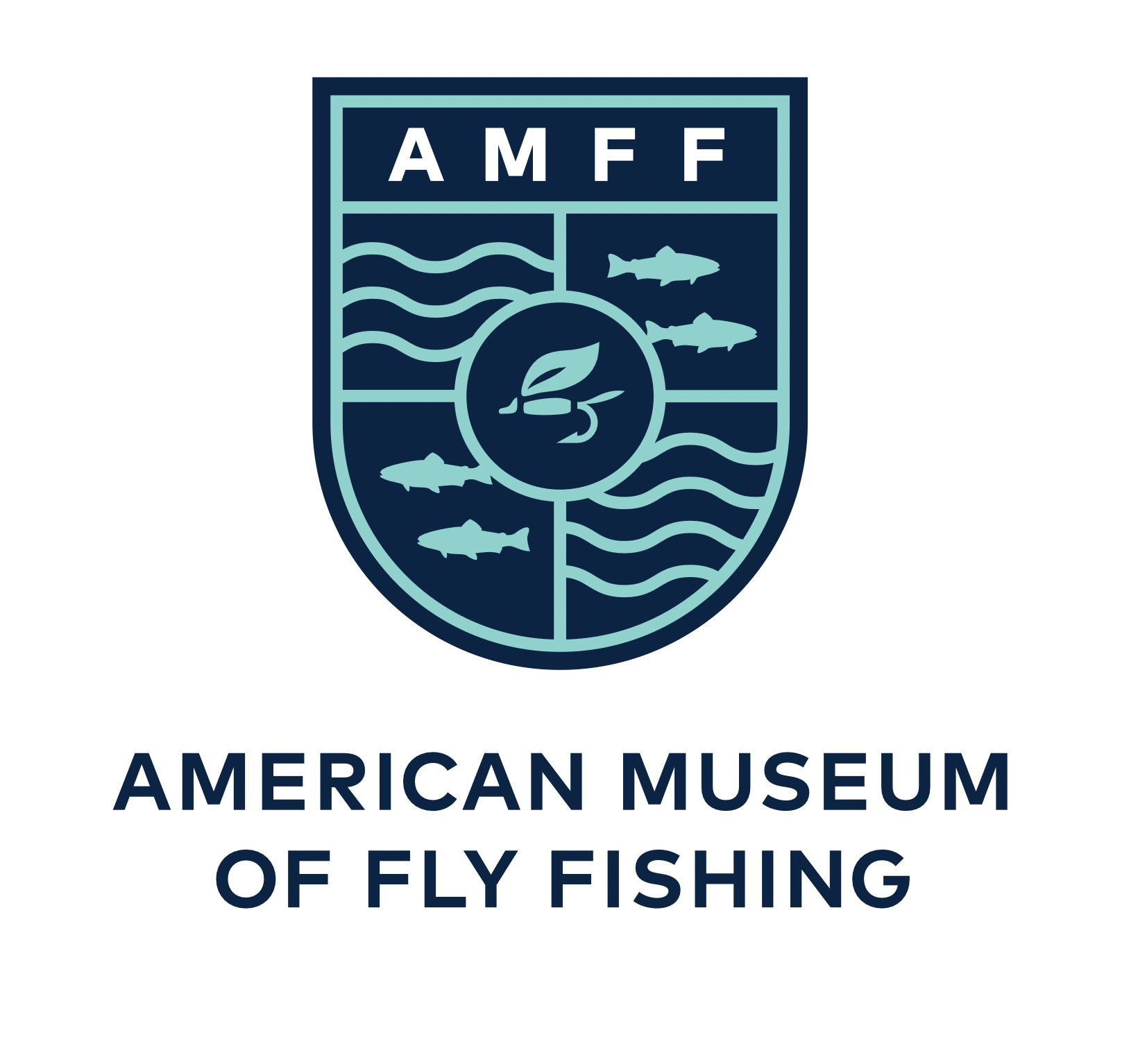

Capt. Kyle Schaefer Bio
Kyle Schaefer, Fisheries & Climate Change
Capt. Kyle Schaefer Bio
Kyle Schaefer, Fisheries & Climate Change
South Andros 10# Bonefish
1st Ever Bair’s Lodge Permit
Releasing the King
Respect
Capt. Kyle Schaefer
Capt. Kyle is a fly fishing guide, lodge owner, writer, conservationist, and entrepreneur. Kyle’s passion for fly fishing runs deep but his true passion is helping people and fighting to protect wild fish and wild places.
Fly fishing is a conduit to the outdoors for Kyle, helping him to forge a deeper connection with the natural world. It's the never ending nuances of a life spent on the water that hold Kyle's attention so strongly. The distinct rhythm to these wild places is revealed only by a willingness to learn and dedicate yourself. Kyle’s guiding career includes extensive time in the western US chasing world-class trout, the vast marshlands of Argentina for Golden Dorado, and the diverse coast of New England for Striped Bass. Kyle has been lucky to travel the world exploring new fisheries and has spent extensive time on the Bahamian flats, living in South Andros managing a fly fishing lodge and most recently launched Soul Fly Lodge, his first lodge operation.
For Kyle, guiding and fishing is just the tip of the iceberg. Conservation and environmental advocacy is just as important. Kyle is a proud member of the Fly Fishing Climate Alliance and his business went carbon neutral in 2019, making him the 1st fishing guide to earn this environmental accolade. Kyle is also is a proud board member of the American Saltwater Guide’s Association, representing the state of Maine. Kyle has visited our nation’s capital to lobby for better fisheries management and has worked on task forces created to improve federal fisheries legislation. Kyle helped spearhead the “Stripers In Our Hands” project which focuses on proper striped bass handling to reduce the enormous amount of stripers that die during catch & release angling. Now, in the Bahamas, Kyle has the privilege of working with the community to improve food systems and provide opportunity at Soul Fly Lodge.
Outside of guiding, Kyle has worked extensively in the outdoor industry specifically on storytelling, TV production, content creation, advertising, sales and marketing. He is a passionate entrepreneur and sold his first business, Tidal Roots, in the Fall of 2017. Soul Fly Lodge in the Bahamas is his newest project and will spend 9 months a year in the Berry Islands, Bahamas growing and managing this business. Kyle has received awards for his writing and has been published in The Drake, Tail Fly Fishing Magazine, The FlyFish Journal, On The Water, FlyLords, Badfish, Thomas & Thomas Blog, Hatch Magazine, and several other publications. Kyle has also written for the Marine Fish Conservation Network. Kyle loves shooting photography and capturing the moments and culture that surround the world of fly fishing. Kyle works with some of the top brands as an ambassador and pro: Thomas & Thomas fly rods, Costa Sunglasses, Nautilus Fly Reels and American Museum Of Fly Fishing. Most recently Kyle joined the Patagonia ambassador and is surrounded by some of the most influential anglers & conservationists in the industry to protect wild fish and advocate for clean water.
Read on to explore the conservation and climate change groups that Kyle works with to help protect our resources.
Bahamas Bliss
HOME
Rhode Island Speedster
New England Mahi Double
Bahamas Permit
Consider Supporting these Conservation Groups
The American Saltwater Guides Association (ASGA), a 501(c)(3) non-profit, is the organizing voice for members of the recreational fishing community who find greater value in having access to abundant fish stocks rather than simply maximizing harvest. We aspire to achieve “better business through conservation,” reflecting the notion that healthy fisheries provide higher-quality fishing opportunities that bolster the recreational fishing economy. In its first two years of existence, ASGA has worked to unite for-hire captains, fishing-related small businesses, and private anglers who share this vision in order to promote resource-first, science-based state and federal management strategies that ensure the long-term sustainability of our nation’s marine fisheries. In addition to working on the policy front lines, ASGA has become a trusted resource and information clearinghouse for key news of interest to the recreational community.
In 2007, pro snowboarder Jeremy Jones saw that more and more resorts he’d always counted on for good riding were closed due to lack of snow. Something was clearly going on, and he felt the need to act. But he couldn’t find any organizations focused on mobilizing the snowsports community on climate—there was a gap between the impacts that climate change was already having on our great escapes, and organized action to address it. So Jeremy founded Protect Our Winters. Pretty quickly, POW brought on other concerned pro athletes, individuals, resorts, brand partners and passionate outdoor enthusiasts. Since then, POW has grown from a kernel of an idea into a worldwide network of more than 130,000 supporters.
This was the perfect group to give a national voice to the outdoor sports community, an industry that supports 7.6 million jobs and creates $887 billion in economic revenue. While the fossil fuel lobby may outspend environmentalists 20-1 in D.C., we share a passion that crosses party lines––a unique perspective that de-politicizes climate discussion––and an industry with an economic impact that can’t be ignored.
Right now, we have the luxury of worrying about how climate change might impact the outdoor industry. Right now, we get to help dictate the outcome rather than react to a foregone conclusion. But if we sit on our hands for the next two decades, we won’t be worried about powder days, tourism or having fun. We’ll be worried about the stability of our environment, our jobs and our economy.
Climate change is undoubtedly the single greatest threat to fisheries on the planet. By working towards a common goal of achieving carbon neutrality, we can make a significant positive impact towards solving the climate crisis while leading by example. If you are in the fly fishing industry, then your business is dependent upon a healthy environment, and healthy fish, so it makes sense to mitigate that risk by reducing your carbon footprint and eventually going carbon neutral, which is why Rick Crawford decided to create the Fly Fishing Climate Alliance.
The Fly Fishing Climate Alliance is made up of guides, shops, lodges and brands who have taken a pledge to be carbon neutral by 2030. We believe that leading by example is always the right thing to do. However, going carbon neutral is not enough. In order to make the large-scale and systemic changes necessary to truly solve the climate crisis, we need not only need bold action from businesses on climate change, but we also must change policy and that requires activism.
We are dedicated to preserving the rich heritage of fly fishing. The American Museum of Fly Fishing was established in 1968 in Manchester, Vermont, by a group of passionate and enthusiastic anglers who believed that the history of angling was an important part of American culture and tradition. The Museum was created to serve as an institution to research, preserve, and interpret the treasures of angling history.
Today, the Museum serves as a repository for and conservator to the worlds largest collection of angling and angling-related items, numbering in the thousands. Our collections and exhibits thoroughly document the evolution of fly fishing as a sport, art form, craft, and industry in the United States and abroad, dating as far back as the sixteenth century. Rods, reels, flies, tackle, art, photographs, manuscripts, and books form the Museum’s permanent collection.












